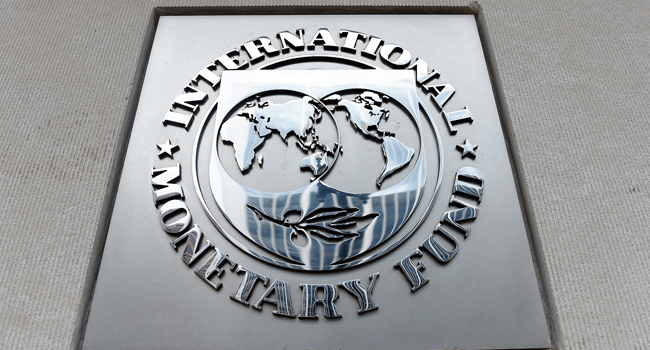The International Monetary Fund (IMF) has called on the Federal Government of Nigeria to completely remove fuel and electricity subsidies early next year, IgbereTV reports.

In its preliminary findings at the end of its official staff visit to the country under the Artile IV Mission, IMF also called for reforms in the fiscal, exchange rate, trade and governance “to alter the long-running lacklustre growth path.”
The Washington-based organization made these suggestions in a report published on its official website on Friday, November 19.
According to the IMF, the removal of “retrogressive” fuel and electricity subsidies should be considered a priority as part of the fiscal policy.
“The headline fiscal deficit is projected to worsen in the near term and remain elevated over the medium term. Despite much higher oil prices, the general government fiscal deficit is projected to widen in 2021 to 6.3 percent of GDP, reflecting implicit fuel subsidies and higher security spending, and remain at that level in 2022. There are significant downside risks to the near-term fiscal outlook from the ongoing pandemic, weak security situation and spending pressures associated with the electoral cycle.
“Over the medium term, without bold revenue mobilization efforts, fiscal deficits are projected to stay elevated above the pre-pandemic levels with public debt increasing to 43 percent in 2026. General government interest payments are expected to remain high as a share of revenues making the fiscal position highly vulnerable to real interest rate shocks and dependent on central bank financing.
“The complete removal of regressive fuel and electricity subsidies is a near-term priority, combined with adequate compensatory measures for the poor. The mission stressed the need to fully remove fuel subsidies and move to a market-based pricing mechanism in early 2022 as stipulated in the 2021 Petroleum Industry Act. In addition, the implementation of cost-reflective electricity tariffs as of January 2022 should not be delayed. Well-targeted social assistance will be needed to cushion any negative impacts on the poor particularly in light of still elevated inflation







